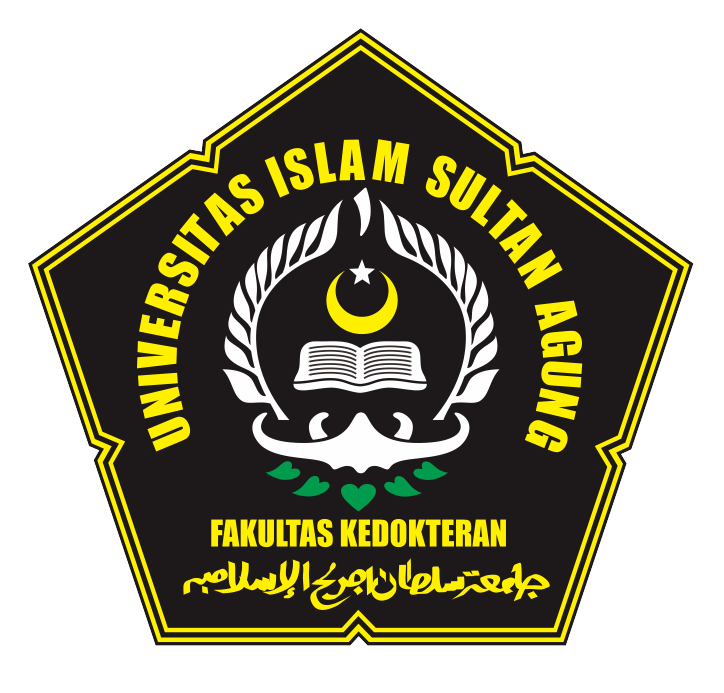Fakultas Kedokteran Universitas Diponegoro Semarang/ RSUP Dr Kariadi Semarang
Fakultas Kedokteran Unissula Semarang/ RS Islam Sultan Agung Semarang - Indonesia
Acute Central Nervous System Infection : a Case Report
Case report : A 15-month-old girl was admitted with fever of 39,4°C, generalized seizures, and petechiae after suffered high fever and cough in previous day. This was her first episode of seizures. She has no past history of growth and developmental disorder. She became rapidly deteriorated after few hours being hospitalized in Kariadi. Brain CT-scan was not done due to her conditions. She had anemia, normal white blood count, monocytosis, thrombocytopenia (4000/mm3), low CD4 count (99 cell/mm3), hipoalbuminemia (1.4 g/dl), increased lactate (2.5 mmol/L) and procalcitonin (>200.00 ng/ml). Cerebrospinal fluid analysis revealed normal cells count and glucose but increased protein level (375.2 mg/dL). Meningococcal infection was suspected due to clinical appearance, and ceftriaxone was given. Bacteriological and fungal culture of CSF and blood showed no growth. Despite of cardiorespiratory support given, she died after 4 days of admission.
Discussion : Features of seizure and general ecchymosis do not belong exclusively to meningococcal infection. There are other possible etiological agent such as Haemophylus influenza, Streptococcal infection and viral infection. Shortage of available diagnostic tools such as Polymerase Chain Reaction (PCR) made it difficult to confirm the etiological agent (Sains Medika, 4(2):204-209).
Question Remarks : What agent which you think cause the infection?
Keywords: acute central nervous system infection; ecchymosis

